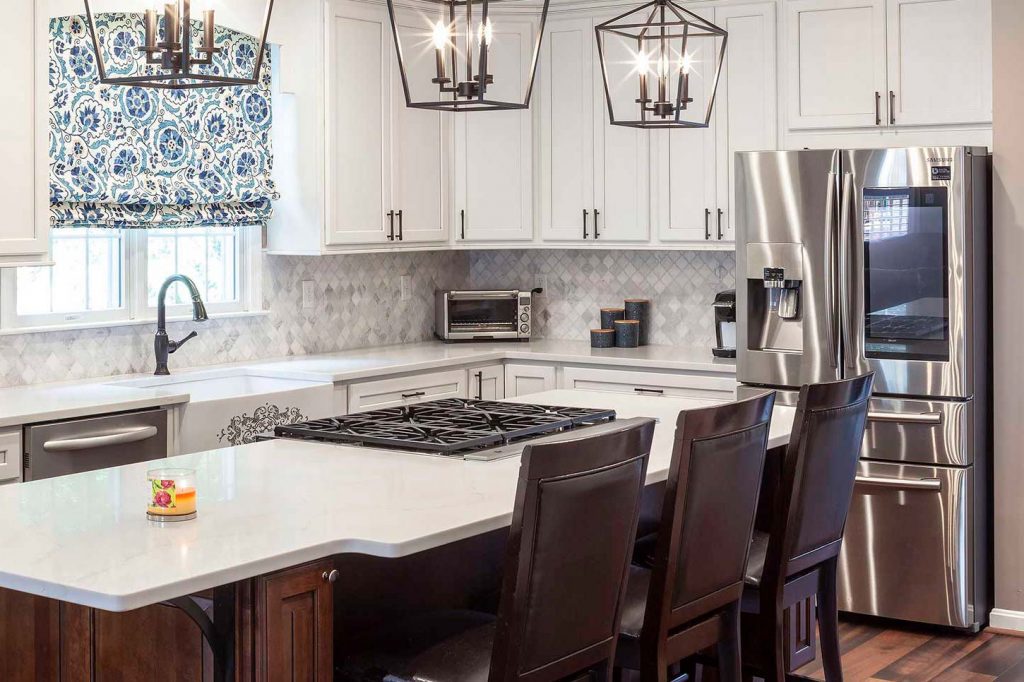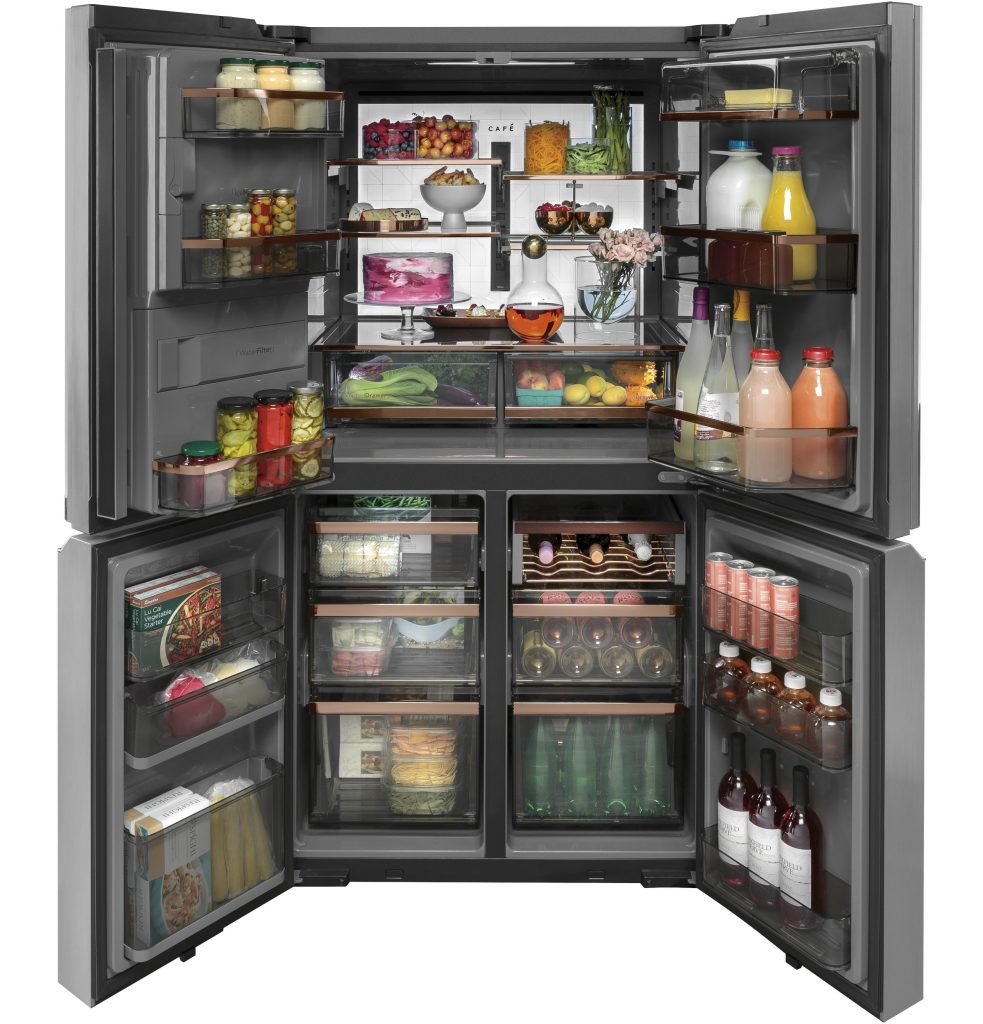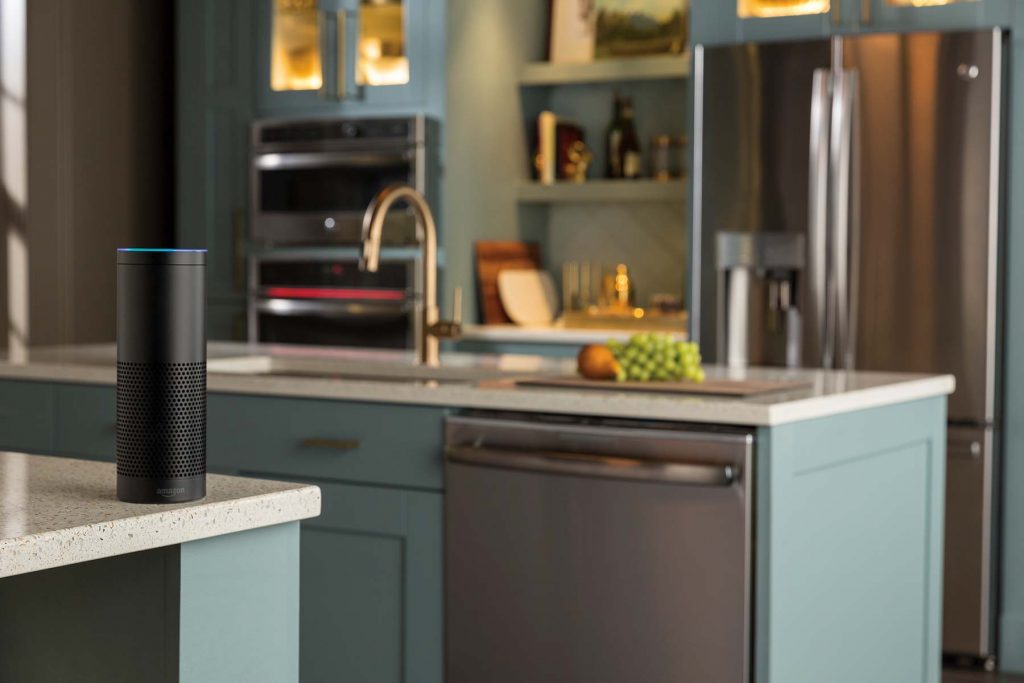
If you’re thinking about remodeling, there’s a good chance the kitchen is one of the rooms you have in mind. It’s the most common type of interior remodeling project and for good reason. It’s the center of your home, the gathering place in the home for family and guests and a great way to make a big impact.
When looking for a remodeler for any project, remember that a Master Certified Green Professional like T.W. Ellis has completed training on the science of sustainable building. (Read more here) Working with a qualified remodeler on your kitchen project means you cannot only improve the look and functionality of your home, but can also find ways to save money with new, efficient appliances.
Why make the change?
Switching to more energy-efficient appliances can greatly reduce your energy consumption and electric and gas bills. Kitchen appliances alone can be responsible for more than 30 percent of home energy consumption. That’s especially true if your appliances are a couple of decades old. The savings varies based on usage and the type of appliance, but whether you replace some or all of your kitchen appliances, the long-term savings can be significant.
Learn the cost
Every appliance has a yellow EnergyGuide label that shows the estimated energy usage and operating cost of the unit. It also shows how that compares to the average cost of similar models. Further, you want to be looking for Energy Star certification, which will also be indicated on the label.
Run the numbers with your remodeler and consider how long you plan on staying in the home. A higher purchase price now may end up being the least expensive option down the road once you consider operating costs.
It’s also worth asking about other incentives for energy efficiency. Many utility companies offer rebates for making the switch to more efficient products, while there may also be federal, state or local tax credits available as well. Your contractor should be able to answer your questions about these.
But let’s look at considerations for specific kitchen appliance categories as well.
Refrigerators
Refrigerators and freezers are the biggest users of electricity in the kitchen. Energy Star estimates that U.S. consumers are collectively paying an extra $5.5 billion in energy costs because of old, inefficient units.
Maybe it won’t work with your family’s needs, but refrigerators in the range of 16 to 20 cubic feet are the most efficient. The bigger the unit, the more energy it will use. Some features, like icemakers, will also add to the operating cost. Decide if the tradeoff in convenience is worth it for your family.

Dishwashers
An Energy Star-certified dishwasher will save, on average, 3,870 gallons of water over its lifetime. Choosing a model that has multiple wash cycle options can also help you save energy by using a lighter wash when dishes are lightly soiled. Soil sensor features, available on some models, can automatically adjust cleaning cycles to minimize water usage.

Ovens & stoves
Most homes are going to be set up for either a gas or electric oven, but if you have the choice, gas stoves usually have lower energy costs. Other considerations: self-cleaning ovens are usually better insulated and hold heat better, while convection ovens also use about 20 percent less energy as the fan constantly circulates heat.
Ready to upgrade your kitchen and improve your energy efficiency?
Contact T.W. Ellis today!
